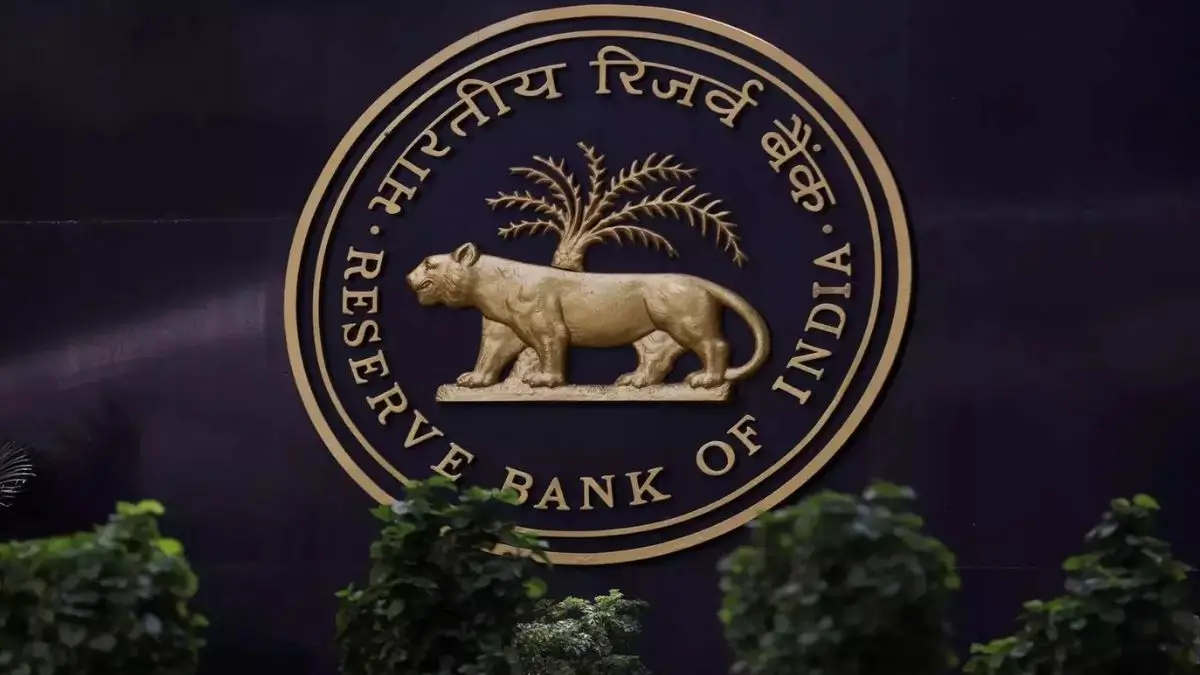India Forms 16th Finance Commission under Economist Arvind Panagariya
The Indian government has recently constituted the 16th Finance Commission, spearheaded by distinguished economist Arvind Panagariya. This commission is entrusted with the significant responsibility of formulating recommendations regarding the allocation of finances between the Centre and the states. It succeeds the 15th Finance Commission, marking a crucial juncture in India’s fiscal policymaking landscape.
The formation of this commission reflects the nation’s commitment to enhancing fiscal federalism and ensuring equitable distribution of resources among states. Arvind Panagariya’s esteemed expertise in economics and policy formulation is expected to steer this commission towards devising innovative strategies for fiscal consolidation and resource allocation.

Why this News is Important
Paving the Path for Equitable Resource Distribution: The constitution of the 16th Finance Commission assumes paramount importance as it determines the financial allocations between the Centre and states. Its recommendations impact various sectors, including education, healthcare, infrastructure, and social welfare schemes, thus directly affecting the lives of citizens across the nation.
Expert Leadership for Informed Decision-making: Arvind Panagariya’s leadership brings immense credibility and knowledge to the commission. His vast experience in economic research and policymaking is poised to ensure well-informed decisions that align with the country’s economic goals and developmental aspirations.
Continuation of Fiscal Federalism Tradition: The establishment of successive finance commissions underscores India’s commitment to upholding the principles of fiscal federalism. It aims to strike a balance between the requirements of the states and the responsibilities of the central government.
Historical Context
The evolution of finance commissions in India can be traced back to the adoption of the Constitution in 1950, which recognized the significance of financial devolution to maintain a stable fiscal framework. The first finance commission was constituted in 1951 under the chairmanship of K.C. Neogy. Since then, these commissions have played a pivotal role in recommending the sharing of finances between the Centre and states, taking into account changing economic dynamics and socio-political circumstances.
Key Takeaways from “India Forms 16th Finance Commission under Economist Arvind Panagariya”
| Serial Number | Key Takeaway |
|---|---|
| 1. | Arvind Panagariya to lead the 16th Finance Commission, succeeding the 15th Commission. |
| 2. | Commission tasked with recommending fiscal distribution between Centre and states, impacting multiple sectors. |
| 3. | Focus on enhancing fiscal federalism and equitable resource allocation. |
| 4. | Panagariya’s expertise poised to guide informed decision-making for economic development. |
| 5. | Continuation of the tradition of finance commissions integral to India’s fiscal governance. |
Important FAQs for Students from this News
Q1: What is the role of the Finance Commission in India?
A: The Finance Commission is responsible for recommending the distribution of finances between the Central government and the states, ensuring fiscal balance and resource allocation.
Q2: Who heads the 16th Finance Commission in India?
A: The 16th Finance Commission is led by economist Arvind Panagariya.
Q3: How does the Finance Commission impact various sectors in India?
A: The Finance Commission’s recommendations influence sectors like education, healthcare, infrastructure, and social welfare programs by determining financial allocations.
Q4: What is the historical significance of Finance Commissions in India?
A: Finance Commissions have been integral since the adoption of the Constitution in 1950, ensuring equitable financial distribution among states.
Q5: What’s the main objective behind constituting successive Finance Commissions?
A: The main aim is to maintain fiscal federalism, balancing the needs of states with the responsibilities of the Central government.
Some Important Current Affairs Links

















